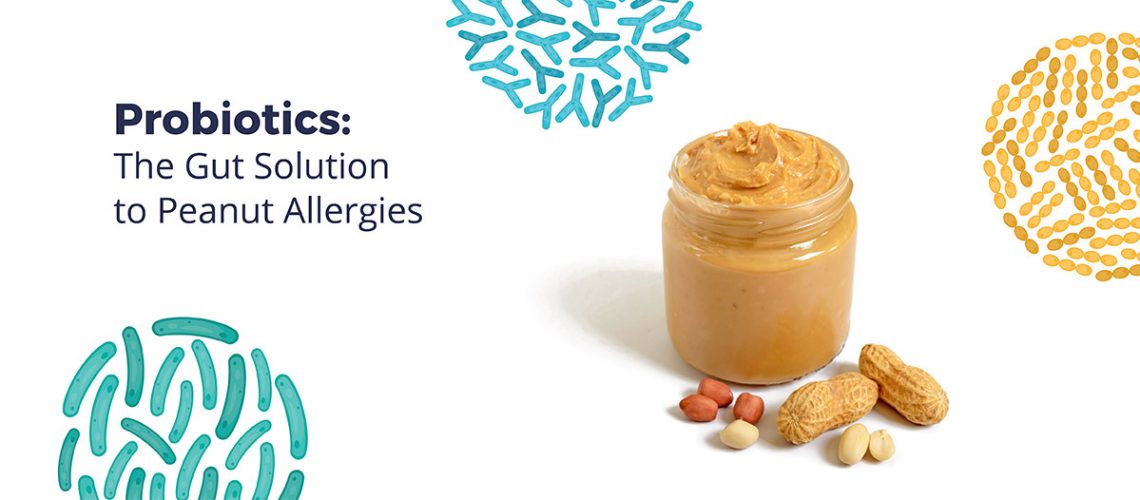Digest This
Click on the topics below to learn how probiotics can improve your digestive health, naturally.

Can Probiotics Help Peanut Allergies
- @drHoberman
- Diet, Probiotics
Probiotics: The Gut Solution to Peanut Allergies
Food allergies remain some of the most common and challenging health problems people face throughout their lifetimes.
More than 170 foods have been found to trigger allergic reactions, with peanuts topping the list among children (affecting 1 out of every 50 kids in America) and ranking third among adults (below shellfish and milk).
Avoiding foods containing peanuts can be really tricky, requiring you to pay close attention to food labels and menus. Even with close vigilance, you may still find peanuts as an ingredient in some unusual places, like chili, pizza, sauces, candies, ice creams and even lawn fertilizer.
For people who come in contact with peanuts, either through skin contact or eating them, the possible symptoms can range from the very uncomfortable (diarrhea, skin rash, cramps, swelling) to life-threatening (anaphylaxis).
Researchers at the Murdoch Children’s Research Institute have been testing the use of probiotics as a viable treatment for peanut allergies with much success, as we’ve shared with you previously.
A new study from the Australian-based institute has concluded a sizeable number of children treated with probiotics and oral immunotherapy achieved total remission and were able to eat peanuts safely.
Here’s how…
It’s All In The Genes!
Based on her previous work on peanut allergies, Dr. Mimi Tang and her Australian research team discovered the mechanism that facilitates the remission of these immunological problems via activity at the gene level.
For this latest randomized study, 62 children between ages 1-10 received a placebo or a probiotic containing a proprietary strain of Lactobacillus rhamnosus (one of the 10 strains of beneficial bacteria contained in EndoMune Advanced Probiotic) plus oral immunotherapy (the gradual introduction of peanuts) for 18 months.
After this first trial, 74 percent of the patients receiving a probiotic and oral immunotherapy achieved relief from their peanut allergies compared to just 4 percent of the placebo group.
Later on, a follow-up trial found about half of the children treated with oral immunotherapy and probiotics or oral immunotherapy alone achieved total remission and were able to eat peanuts safely.
“What we found was profound differences in network connectivity patterns between children who were allergic and those who were in remission,” says Dr. Tang, an immunologist/allergist and a well-known expert in food oral immunotherapy.
This molecular connectivity and communication triggered changes in allergen-specific Th2 cells (essential components in the development of food allergies) that “turned off” signaling in children whose peanut allergies were in remission.
Not So Fast…
While these latest results are great news for people who suffer from peanut allergies (while promoting good gut health), it could take a while before a final, rock-solid protocol to treat food allergies is put in place.
Until then, if you or your child suffer from an allergy to food like peanuts, we strongly recommend discussing any strategies with your doctor first.
Resources
There Is An Endomune Probiotic For Every Lifestyle
-
EndoMune Metabolic Rescue
$44.95 -
EndoMune Advanced Probiotic
$42.95 -
EndoMune Companion Pack
$112.93









